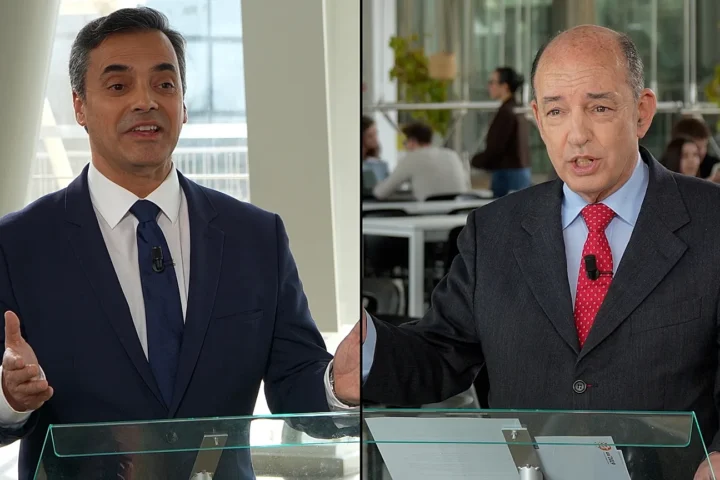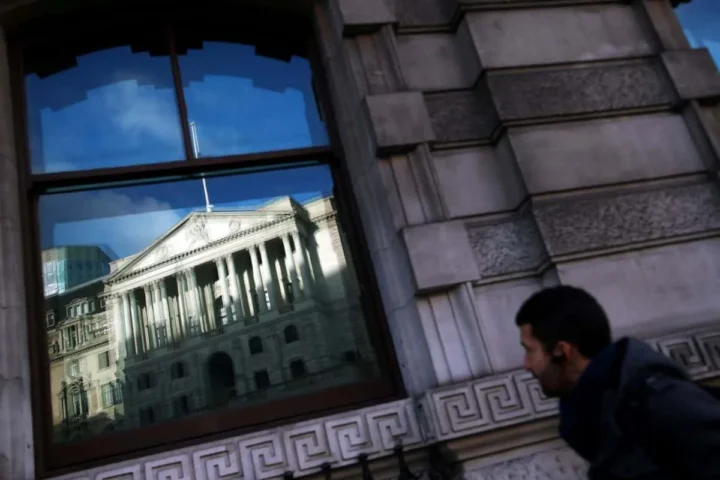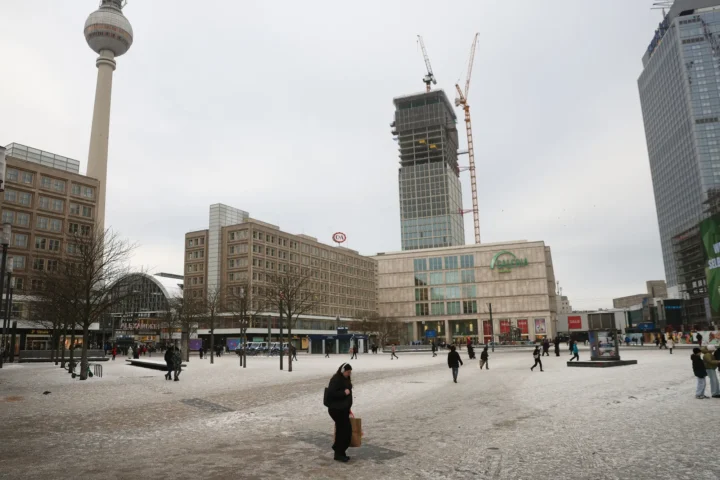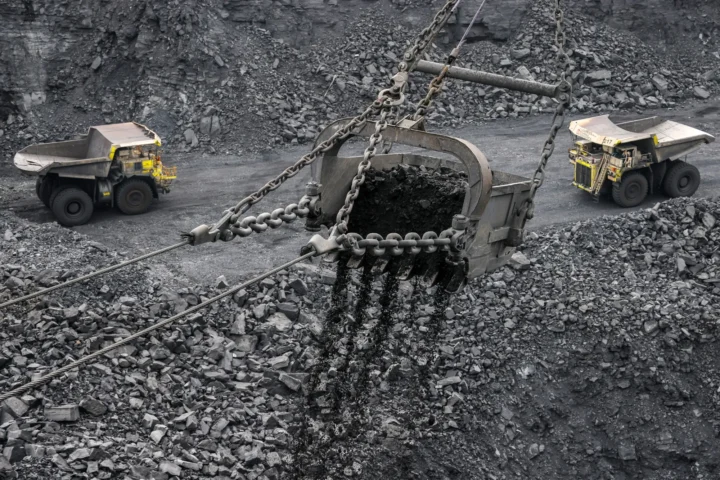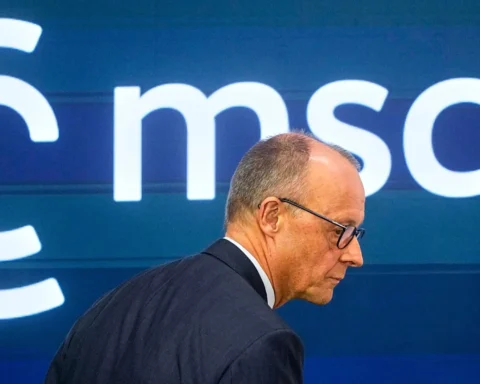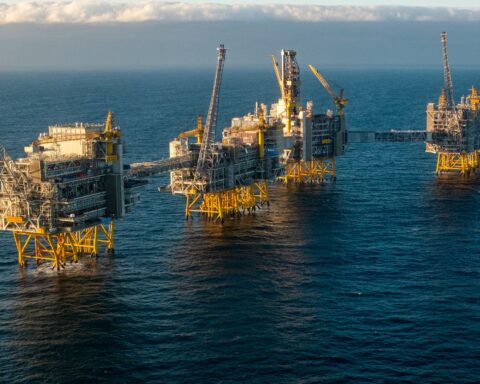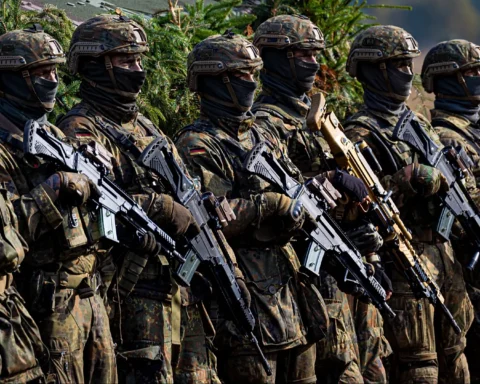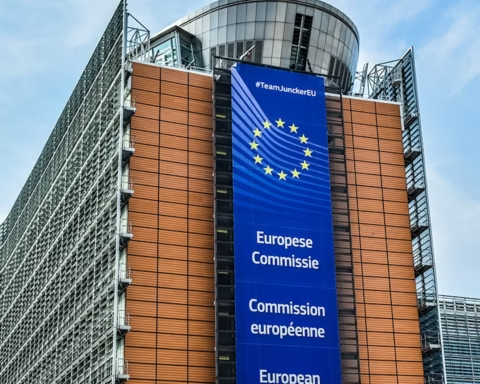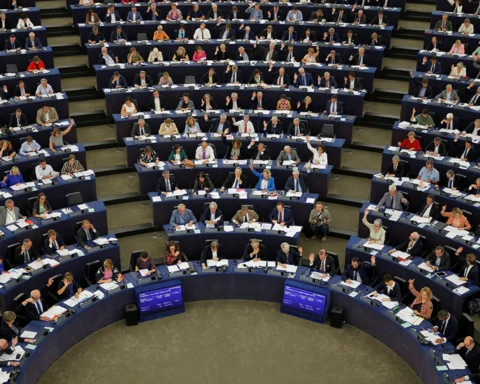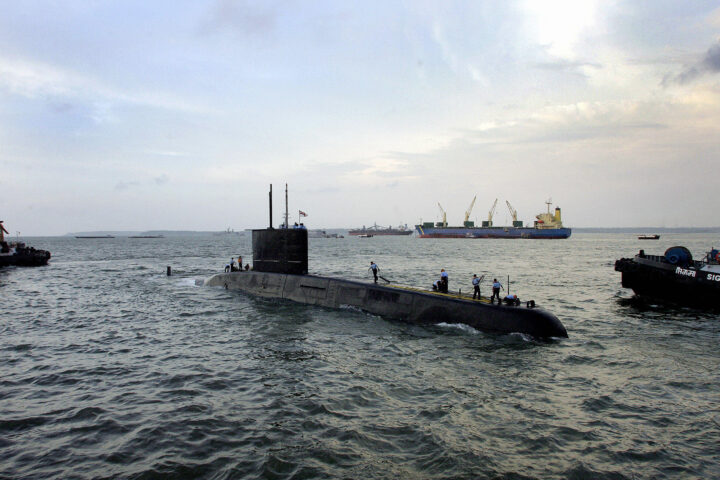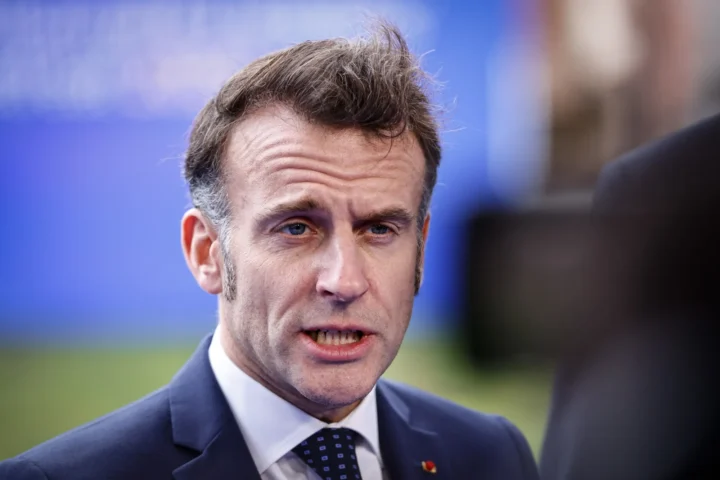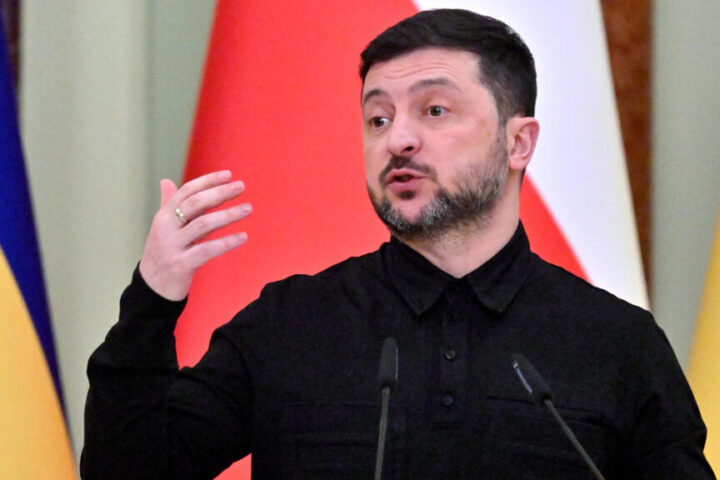In the murky world of geopolitical power plays, recent revelations about a secret Russian operation targeting a high-profile German CEO have sent shockwaves through international business and intelligence communities. This unfolding saga exposes a disturbing facet of modern hybrid warfare, where state-sponsored clandestine activities extend beyond conventional battlefields to influence, intimidate, or even eliminate influential economic figures seen as obstacles to national agendas.
The Target: A Pillar of European Industry
The German CEO at the center of this covert plot is the head of a major multinational corporation known for its significant investments in critical infrastructure and defense technologies. His company has been actively involved in projects supporting European energy diversification and advanced technology alliances with Western countries—initiatives that run counter to Russian strategic interests in Europe.
The Shadowy Campaign
According to intelligence sources, Russian operatives initiated a comprehensive campaign to undermine this CEO’s influence. This campaign included intense surveillance, cyber espionage targeting the company’s internal communications, disinformation campaigns to erode public and shareholder confidence, and psychological tactics intended to intimidate.
Most alarmingly, the operation escalated to a planned assassination attempt. The plot involved recruiting local assets and employing covert operatives skilled in clandestine actions. The plan was reportedly to execute the operation on European soil, leveraging sophisticated tradecraft to evade detection by law enforcement and intelligence agencies.
Geopolitical Context
This assassination plot is part of a broader pattern of Russian hybrid warfare tactics aimed at destabilizing Western economic and political structures. The Kremlin’s efforts to exert influence include cyberattacks, political interference, and targeted violence against individuals deemed critical to Western alliances.
The German CEO’s role in advancing Europe’s strategic autonomy—especially in sectors like energy independence and advanced defense technologies—posed a direct challenge to Russian geopolitical objectives. Eliminating such a figure would serve multiple purposes: sowing fear among business leaders, disrupting strategic projects, and signaling Russia’s capacity to reach deep into Europe’s corporate and political fabric.
The International Response
European intelligence agencies, along with their American counterparts, have reportedly intensified efforts to uncover and thwart such covert operations. Increased protective measures for key corporate leaders and enhanced collaboration between intelligence and law enforcement are underway to prevent further escalations.
The revelation of this plot has sparked a broader discussion about the vulnerability of corporate executives and the need for robust security protocols in an era where geopolitical conflicts increasingly manifest in nontraditional domains.
The Stakes for Global Business
This incident highlights the precarious position of business leaders navigating complex international waters amid geopolitical rivalries. It underscores the urgency for multinational corporations to evaluate their risk exposure and coordinate closely with governmental agencies to safeguard their leaders and assets.
Moreover, it raises ethical and strategic questions about how businesses engage with geopolitics, balancing commercial interests against security imperatives in a world where corporate decisions can carry profound political ramifications.
Conclusion
The plot to assassinate a German CEO is a stark reminder that the front lines of modern conflict extend beyond battlefields to boardrooms and business operations. As Russia’s secret war unfolds in the shadows, it challenges the international community to rethink security and resilience in an interconnected world where economic power and political influence are inseparable. The protection of corporate leaders is no longer just a matter of personal safety—it is a crucial element in preserving the stability and integrity of global economic systems.




